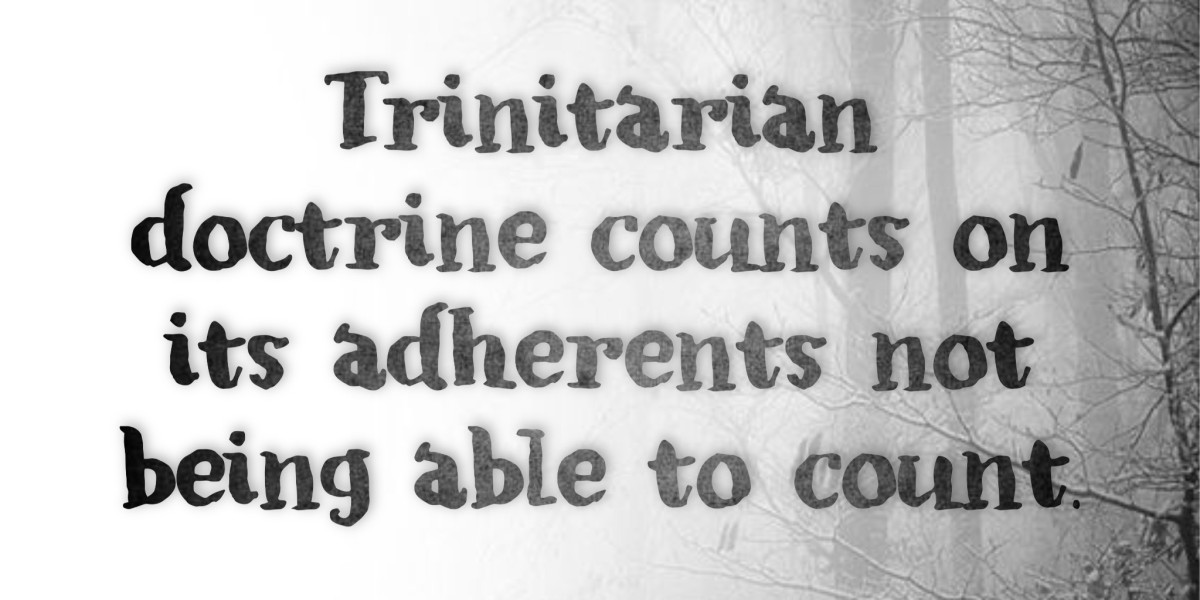Whose day is it? Did you know not only your calendar comes from paganism but your days do too?
The Latin Roman calendar, did not use named days of the week in the way we do today. Instead, days were often identified by their relation to specific monthly markers: the **Kalends** (first day of the month), **Nones** (fifth or seventh day, depending on the month), and **Ides** (thirteenth or fifteenth day). Romans also used a market cycle called the **nundinae**, an eight-day cycle, to organize market days, but these were not equivalent to a seven-day week.
The seven-day week with named days became common later, influenced by Hellenistic astrology and Hebrew traditions, and was formalized in the Roman Empire by the 3rd century AD.
The days were named after celestial bodies and gods, in Latin:
1. **Dies Solis** – Day of the Sun (Sunday)
2. **Dies Lunae** – Day of the Moon (Monday)
3. **Dies Martis** – Day of Mars (Tuesday)
4. **Dies Mercurii** – Day of Mercury (Wednesday)
5. **Dies Iovis** – Day of Jupiter (Thursday)
6. **Dies Veneris** – Day of Venus (Friday)
7. **Dies Saturni** – Day of Saturn (Saturday)
These names reflect the planetary week adopted in the later Roman period and are the basis for modern Romance language names (e.g., French *lundi* from *Lunae*).
The names of the days of the week in Anglo-Saxon (Old English) were influenced by Germanic mythology and adapted from the Latin planetary week, with gods associated with celestial bodies replaced by their Germanic equivalents.
These names are the direct precursors to our modern English day names, except for Saturday, which retained its Latin-derived name from **Dies Saturni** (Day of Saturn).
The Anglo-Saxon names for the days of the week, aligned with their modern English counterparts:
1. **Sunnandæg** – Day of the Sun (Sunday)
2. **Mōnandæg** – Day of the Moon (Monday)
3. **Tīwesdæg** – Day of Tīw (Tuesday; Tīw is the Germanic god quasi-equivalent to Mars)
4. **Wōdnesdæg** – Day of Wōden (Wednesday; Wōden is the Germanic god quasi-equivalent to Mercury)
5. **Þunresdæg** – Day of Þunor (Thursday; Þunor, or Thor, is the Germanic god quasi-equivalent to Jupiter)
6. **Frīgedæg** – Day of Frīg (Friday; Frīg, or Frigg, is the Germanic goddess quasi-equivalent to Venus)
The Anglo-Saxons did not use a distinct name for Saturday that diverged from the Latin **Dies Saturni**, and the modern English "Saturday" directly derives from this, often appearing in Old English as **Sæternesdæg** or **Sæturndæg**, meaning "Saturn’s Day."
These names reflect the Anglo-Saxon practice of translating the Roman planetary week into their own cultural and religious framework, substituting Roman gods with Germanic ones.
So what does that leave us with in modernity?
A week numbered 7 for the Hebrew amount, named after the Germanic counterparts of the Roman pantheon, and measured from midnight to midnight.
In other words a week set by Roman measurements and Germanic and Romish names?
So why should we keep calling these days by their pagan names? And why should we be measuring their beginnings and endings from the reckoning set by the heathen?
YHWH set the 7 day cycle. And YHWH gave us the Torah where each day is called by its number.
Why should we not be calling them so also?
YHWH set the start and end of each day by the setting of His sun from His sky. Why should we be aligning our lives differently than His set order?
It’s one thing to be utilizing the pagan names for our interactions with the pagans for such matters as employment and appointments etc, as they will not understand and can not be expected to learn the Way of YHWH just for us and our benefit. No more than we can force the other commandments of our Heavenly Father upon them that know not Him nor His Way.
But for ourselves and our interaction with our own people, our fellow Israelites, why would we want to retain this pagan custom of calling all our days after the ancient idols we have forsaken?
Learn the Way of YHWH and His measurment of time, His beginnings and ends, and His terms for His things and put them into practice.
A great place to start is our English numbers, if the Hebrew is too hard at first.
Who can’t count to seven after all?
One through six…and sabbath. Then start again.
#QuestionEverything
#GetBiblical






